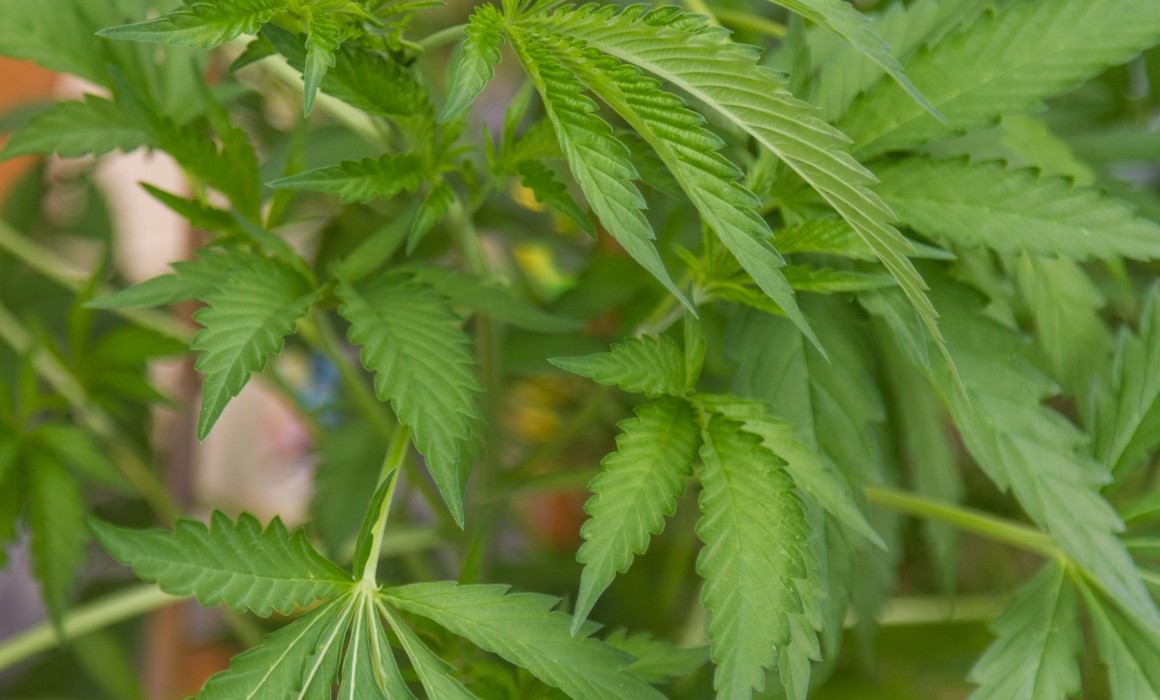What is the future for personal recreational growing? For obvious reasons, patients’ advocates fought hard for the right to grow one’s own medical marijuana. Now that the Liberal government has accepted the Supreme Court decision it’s natural for activists and advocates to start wondering and asking about home growing for non-patients. After all, if it’s going to be legalized, why wouldn’t the government make all the medical options available to recreational users too?
Why not Weed Gardens?
Well, there are at least a couple of reasons I can think of: that the Liberal government supported the court case and the HarperCons’ “reasons” for initially banning home growing, and that the Court’s decision relied on medical need and constitutional access which don’t apply to recreational use. So the overblown worries about property damage, diversion, crime, etc. that were put forth may still hold sway amongst the panel that will decide regulations, banning personal recreational growing at home.
Another point in the pro-garden argument is that the other most popular recreational drug, alcohol, can be home brewed legally in the form of beer, wine or cider. Making beer isn’t all that different than home canning, pickling, etc. Beer brewing mostly takes stand-alone equipment, time in a kitchen using standard kitchen appliances, and storage time using specialty containers. Marijuana needs space, light, water, and food, like any other plant, but growing at home, indoors, is like growing food inside, and in quantities larger than a window herb garden.
So if you can follow instructions for a few hours, have time every few days or weeks, and have storage space for carboys, you can bypass the liquor store. However, to grow your own weed supply indoors — if you don’t have a balcony or backyard garden to use — there’s feeding, watering, forcing, ventilating, lighting, and other considerations on top of space for your growing plants. These requirements are certainly not enough to discourage medical users (who have designated growers if they don’t have their own space), but for personal recreational growing that’s a lot of effort, especially for first-timers. Turning plants into beer in a small space is simpler than growing actual plants there.
Growing Together
But there’s a brewing format, at least as it stands in BC, that could be modified to work for potheads that have no space of their own, or no green thumb, that could also assuage the fears of what personal recreational growing could do to homes: UBrew. If personal gardens are equivalent to home brewing and Licensed Producers are equivalent to corporate breweries, then UBrews would equate to for-profit, semi-communal, small-scale growing sites — UGrows.
While home brewing isn’t regulated, doesn’t require a license, and is only subject to basic alcohol consumption laws (don’t brew commercial amounts, don’t sell it, don’t give it to minors, don’t drink it in public), UBrews have a host of rules governing them that align with the promises for legalization, restriction, and regulation of marijuana the Liberal Government has made.
Good for Government
UBrews are required to have licenses to run, which for UGrows would mean oversight and building standards to calm fears of fire, mold, or water damage to homes. They need records of ingredients and product per customer, which means diversion and illegal distribution would be diminished. There are rules for oversight for minors, one of the Liberals’ major concerns, and rules ensuring customers handle their own products legitimately. As well, while these UGrows would of course be known to criminal interests, insurance and security solutions are easier for legal businesses to acquire than for illicit dispensaries and grows. And there’s no reason UGrows couldn’t be set up in existing warehouses and in industrial areas, pot doesn’t need a greenhouse to thrive.
There are different licensing levels for UBrews. Provided they meet requirements in the Excise Act, locations can obtain a licence specifically for producing wort, which means customers can skip making their own mash but don’t have to use prepackaged malt extracts. Similarly, UGrows could be licensed to provide seedlings instead of seeds without needing a licence to grow plants, taking away guesswork and helping provide a safe, contaminant-free, reliable starting point for beginners.
Pros for Potheads
Better yet, people who run UBrews understand how to brew beer and can answer questions and get customers out of sticky problems with their batches. They’re also able to assist in the brewing process as long as the customer is the primary brewer. People who would run UGrows would surely be those that understand the process of growing pot well — former guerrilla gardeners finding their way into the legal system, for instance — who would be able to guide newbie growers with planting, scheduling for nutrients, etc., and who would control temperature, lighting, and pest management for all of the customers using the site.
There would need to be differences, of course, to the structure. For example, the Liberal government is unlikely to cede control over marijuana licensing, whether for deciding sales and taxes or personal recreational growing, while alcohol is regulated by the provinces. But the differences between alcohol and marijuana outside of regulation — production, use, and their associated problems — create leeway to make that structure work for stoners, the mainstream, and the government.
As someone who believes adults should be allowed to do as they like for themselves, I think recreational personal growing should be included in legalization. As someone who can’t keep a plant alive for more than a month, who lives in an apartment with limited storage and no balcony space, but who enjoys projects and handiwork, I’m hopeful that we’ll gain the right to grow our own … I just don’t want to do it at home.


